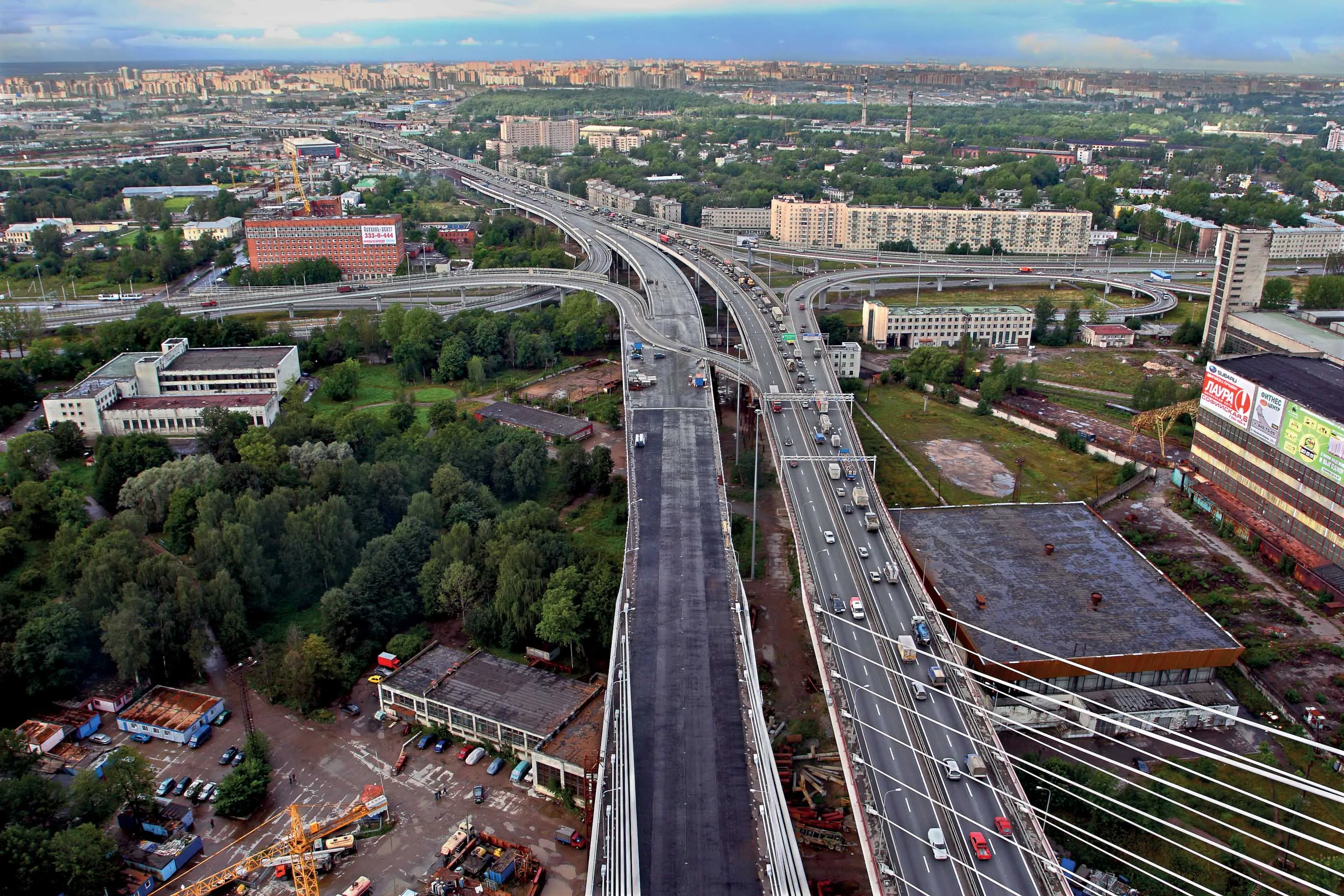Japan intends to offer financial aid worth some US$6.47 billion for infrastructure projects in Asean countries. This comes after the recent Asean-Japan Commemorative Summit and Japan-Greater Mekong Subregion (GMS). A large portion of the financial aid will be for investment projects under the GMS regional cooperation. The money will be provided in loans and grants. A five-year infrastructure plan by the GMS has already been approved at a GMS ministerial meeting. The plan covers 55 projects worth some $44.4
January 29, 2014
Read time: 1 min
Japan intends to offer financial aid worth some US$6.47 billion for infrastructure projects in Asean countries. This comes after the recent Asean-Japan Commemorative Summit and Japan-Greater Mekong Subregion (GMS). A large portion of the financial aid will be for investment projects under the GMS regional cooperation. The money will be provided in loans and grants. A five-year infrastructure plan by the GMS has already been approved at a GMS ministerial meeting. The plan covers 55 projects worth some $44.4 billion in combined spending for the construction of transport infrastructure such as roads, bridges and ports. The Japanese Government has already granted soft loans to Thailand and Laos for the second Thai-Lao Friendship bridge.








